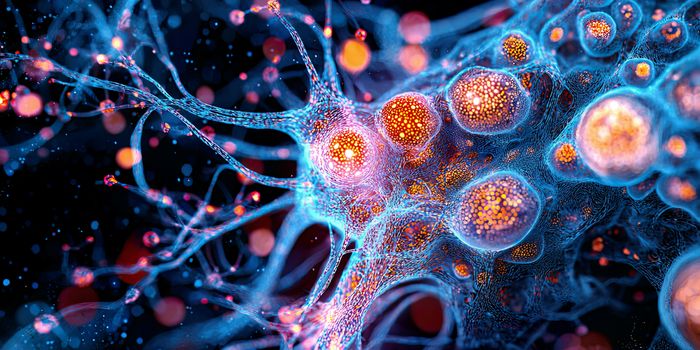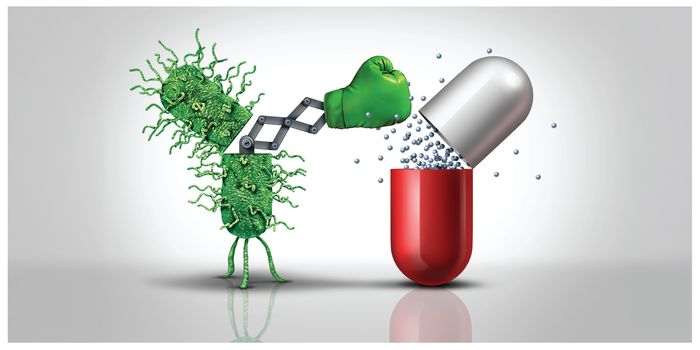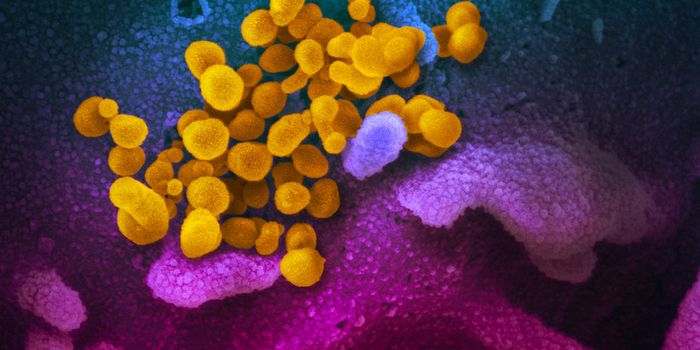Bacteria From Cats Could Help Treat Infections
Many animals, including humans and cats, harbor huge colonies of microbes, which may live in places like the skin, or the gut, for example. Some of those microorganisms perform important functions, and help keep their host healthy. However, imbalances in those microbial communities can allow harmful germs to establish themselves, flourish, and disrupt health. Sometimes it takes a microbe to fight a microbe; beneficial microbes can help keep the nasty ones under control. Researchers have now found that a bacterium that's a common part of the skin microbiome of cats could help eliminate infections.
Reporting in eLife, scientists isolated a microbe that lives with cats, and applied it to a skin infection on a mouse model. The infection was successfully treated with this microbe, called S. felis. The findings could help researchers create new therapeutics for infection.
When animals get sick, a Staphylococcus bacterium can become pathogenic. This bug, methicillin-resistant Staphylococcus pseudintermedius (MRSP) can cause severe eczema, and can move between species including humans. The rates of infection in people are still low, but because the pathogen is resistant to antibiotics, it's tough to treat.
In this study, the investigators screened bacteria that are typically found on dogs and cats. These were tested against MRSP, and the researchers found one in particular called Staphylococcus felis that was good at disrupting the growth of MRSP. The researchers found that S. felis produces several antibiotics that interfere with the cell wall of the pathogen.
“The potency of this species is extreme. It is strongly capable of killing pathogens, in part because it attacks them from many sides, a strategy known as polypharmacy. This makes it particularly attractive as a therapeutic," explained study leader Richard L. Gallo, MD, PhD, Distinguished Professor and chair of the Department of Dermatology at UC San Diego School of Medicine
S. felis is good at attacking antibiotic-resistant bacteria because it carries four genes that each generate an antibiotic peptide. Though any of them could destroy S. felis, they work together, which makes it harder for MRSP to develop resistant to their approach.
When an MRSP skin infection in a mouse model was treated with S. felis or an extract from the microbe, the symptoms of infection and the number of MRSP microbes were significantly reduced compared to untreated animals.
The researchers are going to continue investigating this microbe and its peptides; they now plan on conducting a clinical trial in dog MRSP infections.
“Don’t stop washing your pets to keep these ‘good’ bacteria on them,” said Gallo. “Skin has evolved to protect the ‘good’ bacteria, so soap and detergents don’t usually wash the good guys off.”
Sources: University of California (UC) San Diego, eLife









